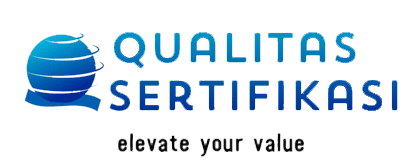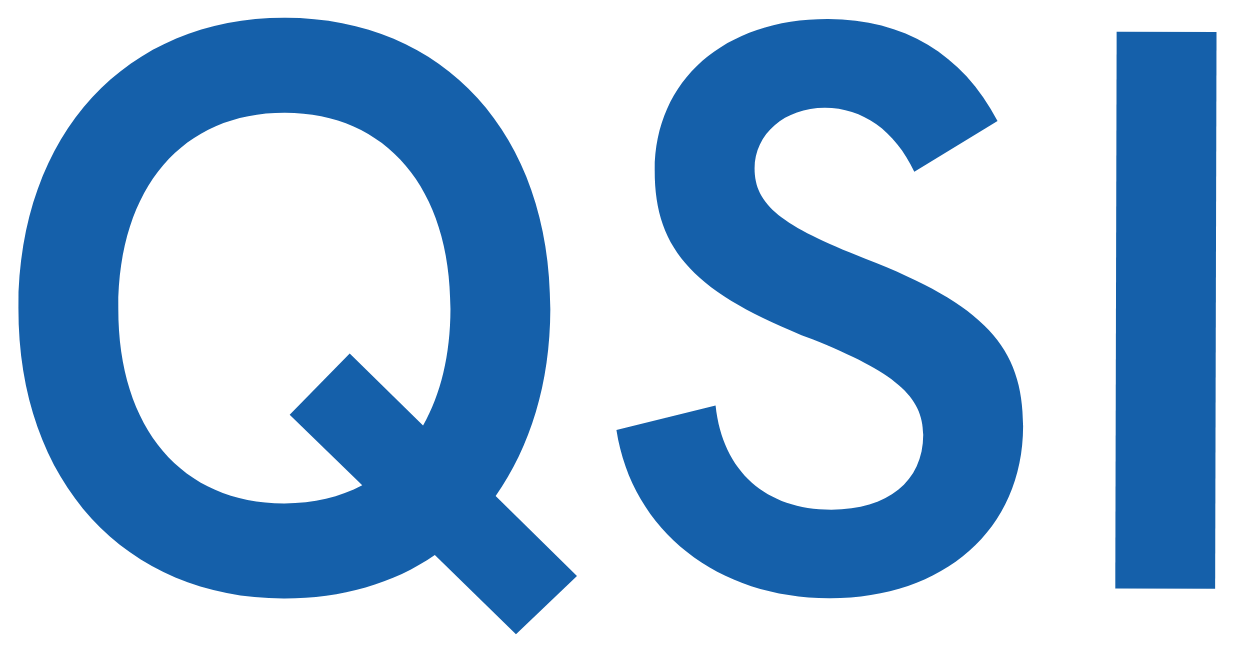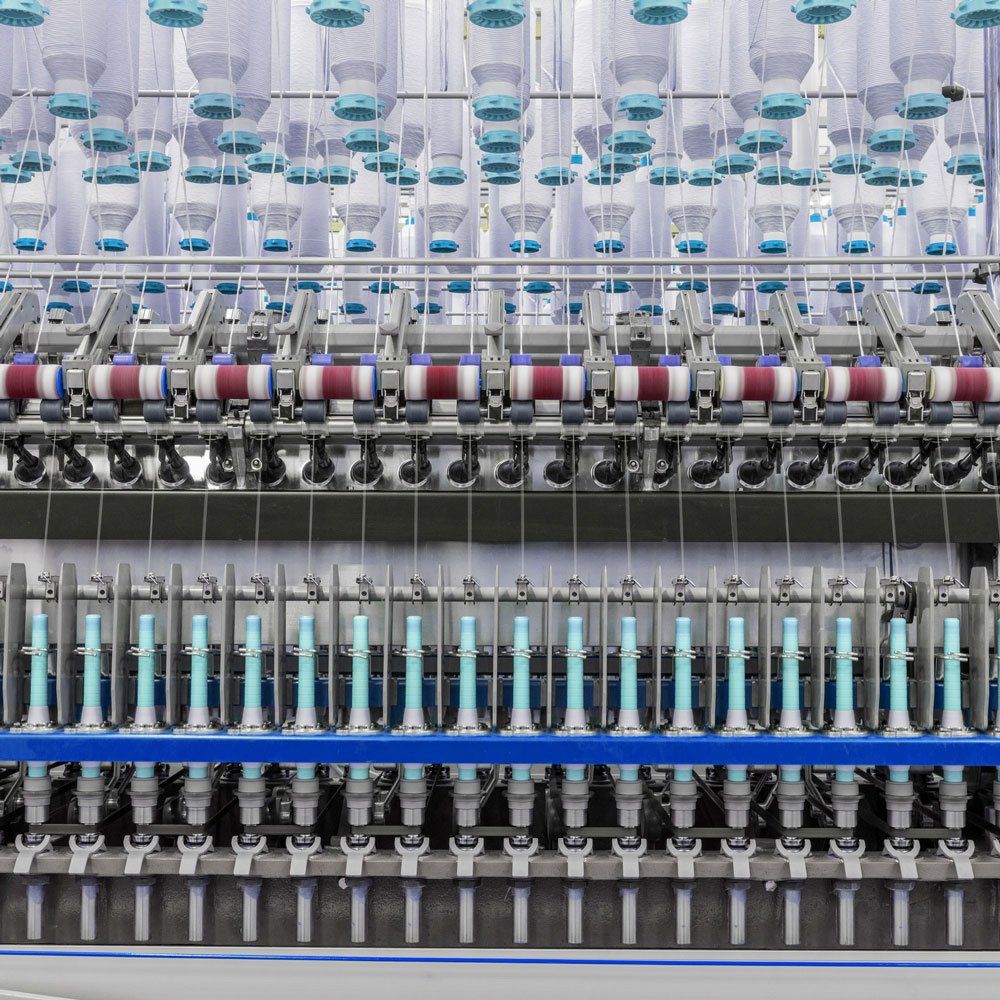Textile Exchange
Textile Exchange is a global non-profit that creates leaders in the preferred fiber and materials industry. Textile Exchange develops and manages a suite of standards that provide the industry with a way to verify sustainability claims from the raw material to the final product. All Textile Exchange standards are developed through a multistakeholder approach to address gaps in available verification tools.
Founded as Organic Exchange in 2002, Textile Exchange is a global non-profit organization that works closely with all sectors of the textile supply chain. Textile Exchange identifies and shares best practices regarding farming, materials, processing, traceability, and product end-of-life in order to create positive impacts on water, soil, air, animals and the human population created around the world by the textile industry. Textile Exchange expanded from a focus solely on organic cotton in 2010 to include a diverse preferred fiber and materials portfolio.
Textile Exchange Principal Goals
- Drive an increase in the adoption of preferred fibers and materials
- Increase integrity throughout the value chain via the adoption of standards and certifications
- Enable collective impact and action across the industry
- Raise awareness about the positive, meaningful changes accomplished
- Use the Sustainable Development Goals as a common vocabulary and reporting framework
RECYCLED CLAIM STANDARD AND GLOBAL RECYCLED STANDARD
Recycled Claim Standard (RCS) and Global Recycled Standard (GRS)
The Recycled Claim Standard (RCS) and Global Recycled Standard (GRS) are international, voluntary standards that set requirements for third-party certification of recycled input and chain of custody. The shared goal of the standards is to increase the use of recycled materials. The GRS includes additional criteria for social and environmental processing requirements and chemical restrictions.
Objective
- Alignment of recycled definitions across multiple applications.
- Verify recycled content in products
- Provide consumers (both brands and end consumers) with a tool to make informed decisions
- Reduce harmful impact of production to people and the environment.
- Provide assurance that products are processed more sustainably
- Drive higher percentages of recycled content in products
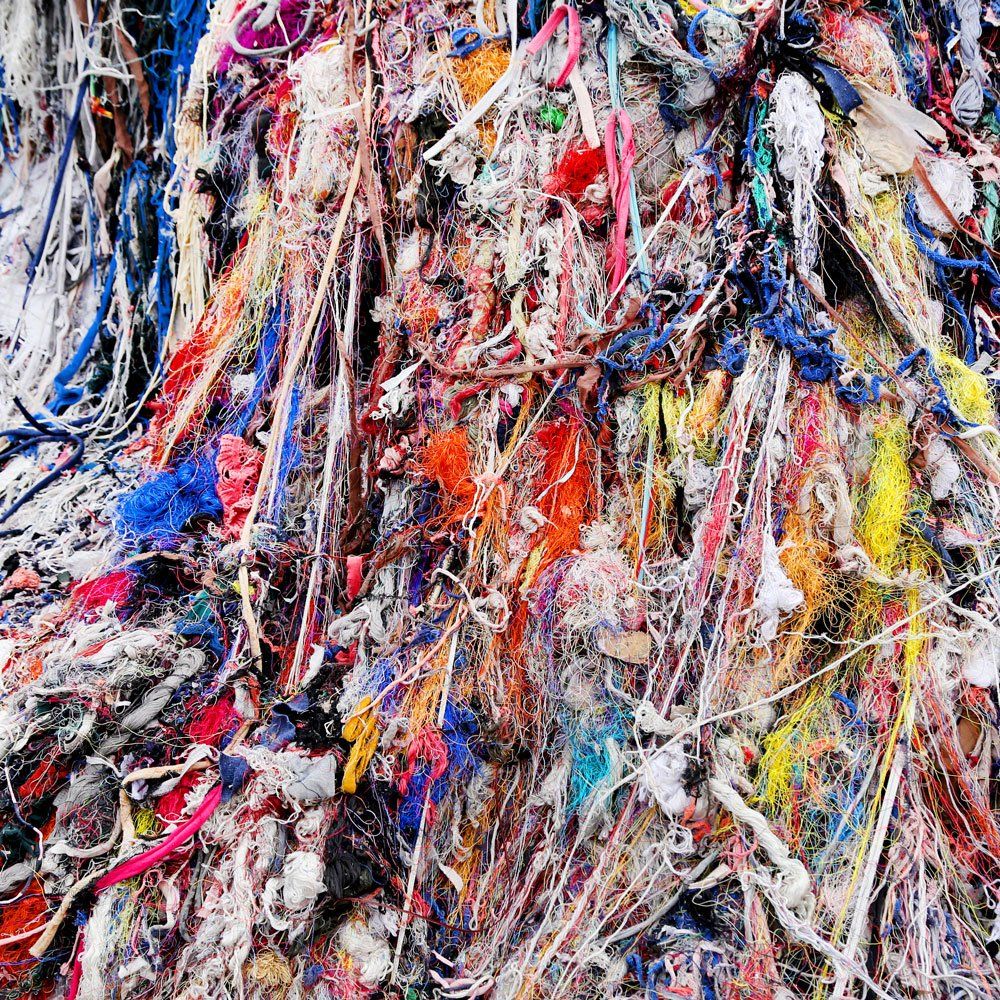
ORGANIC CONTENT STANDARD AND CONTENT CLAIM STANDARD
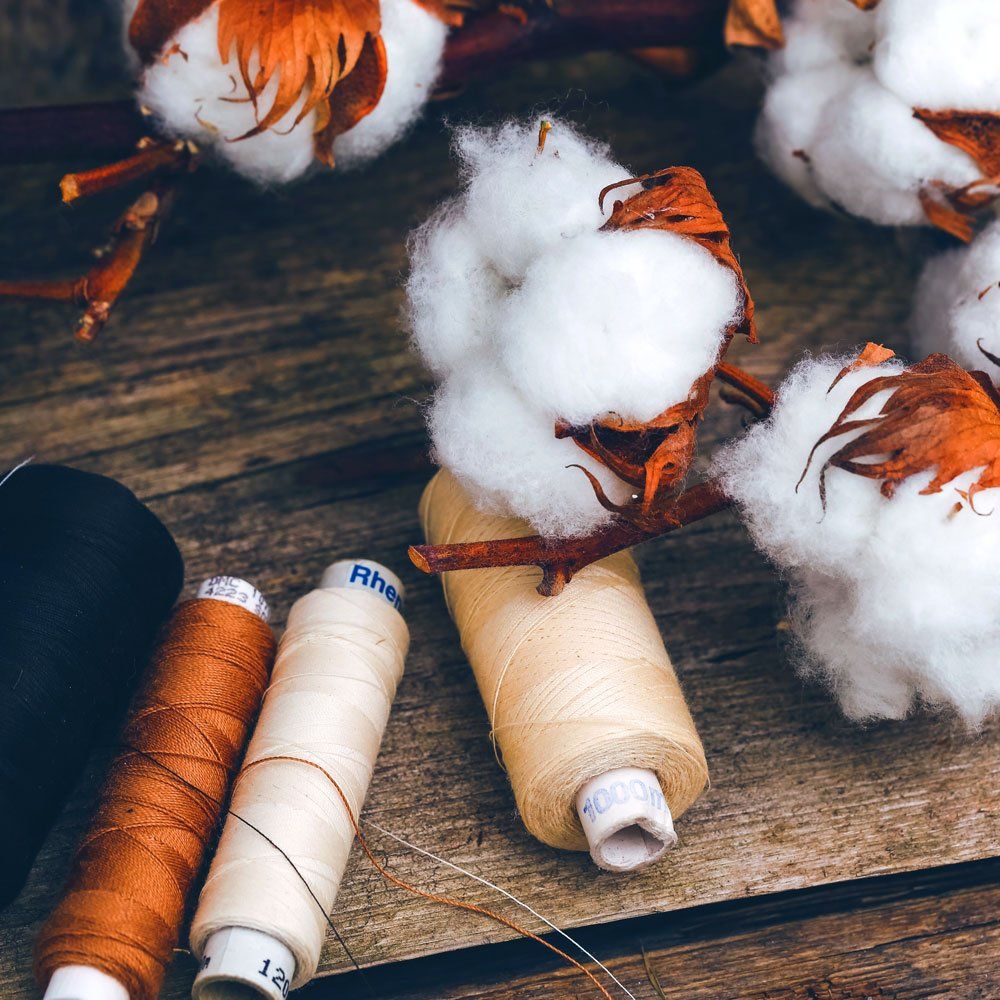
Organic Content Standard (OCS)
The Organic Content Standard (OCS) is an international, voluntary standard that sets requirements for third-party certification of certified organic input and chain of custody. The goal of the OCS is to increase organic agriculture production.
Objective
- Provide the industry with a tool to verify the organically grown content of the products they purchase.
- Provide companies with a trusted tool to communicate organically grown content claims to the industry.
- Provide organic fiber farmers with broad access to the global organic market for their products
Content Claim Standard (CCS)
The Content Claim Standard (CCS) is the foundation of all Textile Exchange standards. It is a chain of custody standard that provides companies with a tool to verify that one or more specific input materials are in a final product.
Objective
- Certification to the CCS verifies the chain of custody principles are followed in each stage of production
- Tracks the flow of raw material from source to the final product.
- Addresses product flow, documentation, volume reconciliations, and segregation of materials and products
- Based on scope and transaction certificates for maximum levels of verification and tracking

RESPONSIBLE DOWN STANDARD

Responsible Down Standard (RDS)
The Responsible Down Standard (RDS) aims to ensure that down and feathers come from animals that have not been subjected to any unnecessary harm. It is our hope that the standard can be used to reward and influence the down and feather industry to incentivize practices that respect the humane treatment of ducks and geese. We believe that education – through the RDS – is a meaningful way to drive demand for strong animal welfare practices. The standard also provides companies and consumers with a tool to know what is in their products, and to make accurate claims.
Objective
- Ensure to the highest possible extent that down and feathers do not come from animals in a supply chain that have been subjected to any unnecessary harm
- Reward and influence the down and feather industry for practices that respect the humane treatment of ducks and geese
- Provide companies with a tool to know what is in their products, and to make accurate claims
- Ensure a strong chain of custody for certified materials as they move through the supply chain
- Standards help you compete on a level playing field with other bigger enterprises
- Standards open up export markets for your products/services
- Standards help you discover business best practice
- Standards drive efficiency in your business operations
- Standards add credibility and increase confidence for your customers
- Standards open up new business opportunity and sales
- Standards give you competitive edge
- Standards make your brand name Internationally recognized
- Standards help your company grow
- Standards enable a common language to be used across industry sectors
Popular Questions
Recycled Claim Standard
Global Recycled Standard
Organic Content Standard
Claim Content Standard
Responsible Down Standard
Recycle
Need help?
We are just one call away.
Let us know if you have any questions, we'll be happy to assist you
